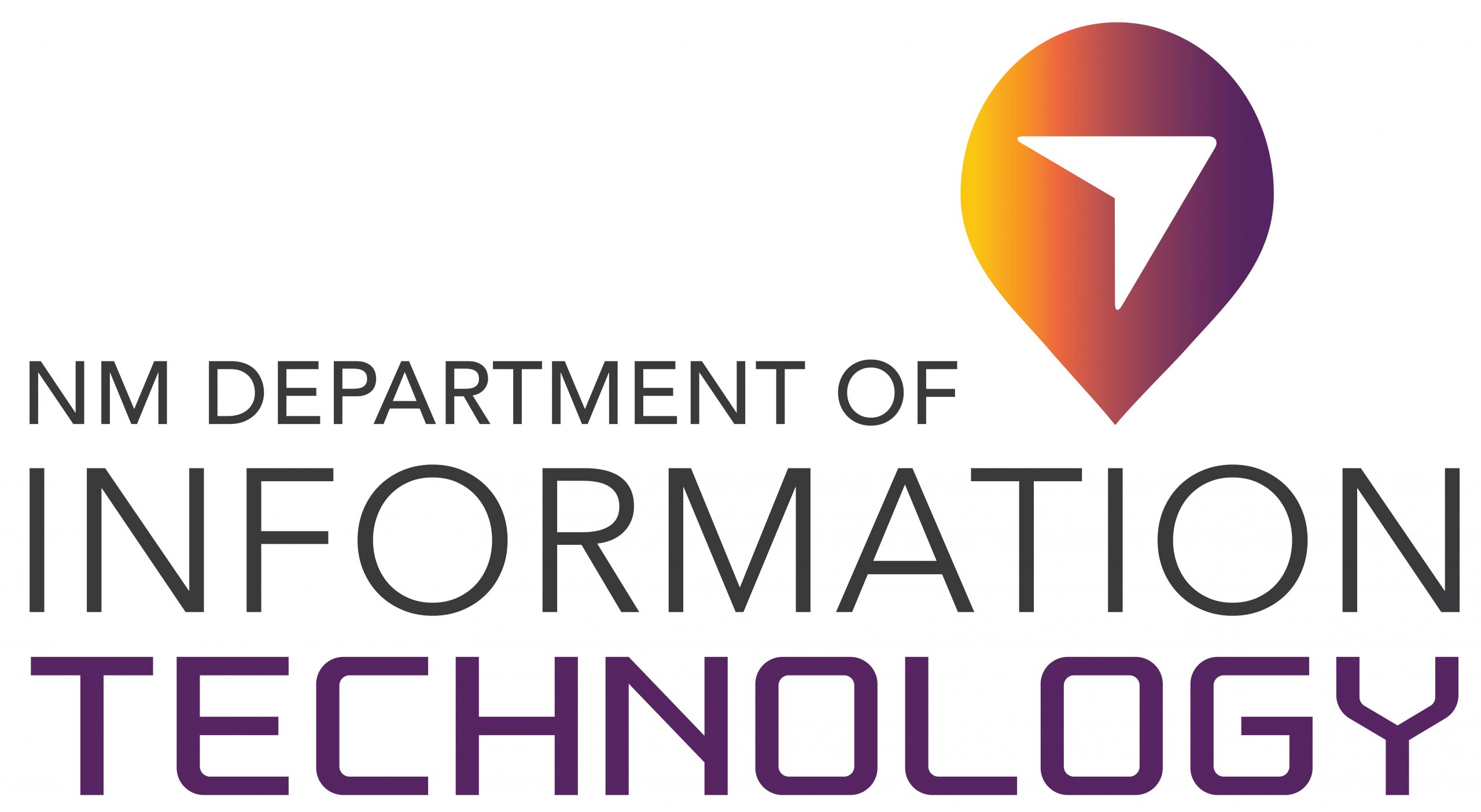SANTA FE- This legislative session Governor Michelle Lujan Grisham and the state Office of Broadband Access and Expansion (OBAE) pursued legislation to create smoother pathways for the development of broadband infrastructure in order to facilitate better, faster Internet for all New Mexicans. Due to modern advancements in technology outpacing state laws and regulations, OBAE developed a legislative package intended to break down inherent barriers through changes to existing statutes. It was a successful session for broadband initiatives, for which a slate of bills passed both houses, and the legislation was signed into law by the governor.
According to Broadband Director Kelly Schlegel, “In the several months since my appointment, it’s become imminently clear that the key to making universal broadband a reality in New Mexico is breaking down some of the systemic barriers that exist in the form of complicated Rights of Way processes, cumbersome, multilayered grants procedures, and limitations on the state’s ability to procure services for critical infrastructure projects. We are exceedingly grateful to Governor Lujan Grisham and the legislators who spearheaded the successful passage of our legislative agenda, which gives us the tools to overcome some of these challenges.”
The pro-broadband legislative package signed into law by Governor Lujan Grisham included the following bills:
- House Bill 160 Broadband Infrastructure (Representative Chandler, Representative Figueroa and Senator Padilla) – gives the State Transportation Commission discretion to waive Rights of Way fees for installation of infrastructure for the public good, to provide broadband Internet services to unserved or underserved locations as defined in the Connect New Mexico Act. The legislation removes obstacles for smaller Internet Service Providers (ISPs) to be able to commit to projects that may not be otherwise economically feasible.
- House Bill 232 Disclosure of Certain Info (Representatives Sarinana, Lord, and Block and Senator Ivey-Soto) — HB 232 aids OBAE in the broadband grant making process by establishing the confidentiality of certain grant application materials until the grant making process is complete, thereby ensuring a fair competitive process.
- House Bill 262 Transfer Connect New Mexico Program (Representatives Garratt, Sarinana & Figueroa) – implements Subsection H of the New Mexico Constitution Article 9, Section 14 (Anti-donation Clause) by authorizing OBAE to use Connect New Mexico Fund (CNMF) appropriations to grant awards to private entities for broadband infrastructure to provide service primarily for residential purposes. The bill transfers responsibility to OBAE to develop grant programs using CNMF appropriations and authorizes grant programs that promote any objective of the state broadband plan.
- Senate Bill 155 Use of Telecomm Fund for Broadband (Senators Sanchez and Padilla, Representative Sarinana) – Amends the Rural Telecommunications Act of New Mexico to require the PRC to hold rates static for three-years and increases the maximum size of the State Rural Universal Service Fund for broadband purposes to $30 million after December 31, 2026.
- Senate Bill 452 Broadband Changes (Senator Padilla) – among other changes, amends the DoIT Act to allow the secretary and OBAE to utilize the department’s established rates on a competitively neutral basis to provide internet service in order to connect underserved and unserved populations of New Mexico. Requires OBAE to follow an open process to identify unserved and underserved areas, while allowing for fair competition by private entities who would agree to provide service in unserved and underserved areas. With the exception of Tribes and Pueblos, the bill also requires all facilities-based providers to report semiannually to the broadband office each year on or before March 1 or September 1 depending on the data source in the same format as reported to the Federal Communications Commission. The bill delineates that all information reported by a facilities-based provider is critical infrastructure security-sensitive data for which the broadband office shall maintain confidentiality in accordance with applicable state and federal law.
Each of the newly enacted laws take effect on July 1, 2023.
